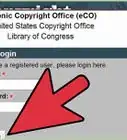This article was co-authored by wikiHow Staff. Our trained team of editors and researchers validate articles for accuracy and comprehensiveness. wikiHow's Content Management Team carefully monitors the work from our editorial staff to ensure that each article is backed by trusted research and meets our high quality standards.
There are 10 references cited in this article, which can be found at the bottom of the page.
wikiHow marks an article as reader-approved once it receives enough positive feedback. In this case, 93% of readers who voted found the article helpful, earning it our reader-approved status.
This article has been viewed 92,602 times.
Learn more...
Assuming you are a US citizen, log onto https://www.copyright.gov to register your copyright claim. Complete the application, pay the fee, and submit your work. After your application is reviewed and approved, you will receive your registration for your copyright. If you do not live in the United States, use independent witnessing companies to copyright your poetry.
Steps
Registering Online
-
1Go to https://www.copyright.gov/registration/. This is where you can start the application process to copyright your poetry.
-
2Click on “Literary Works” to start the process for poetry. Here you will find information about what kind of literary works can be copyrighted. On the right side of the page, click the blue link reading "Register a Literary Work." This will bring you to the Electronic Copyright Office (eCO). [1]Advertisement
-
3Create a username and password for eCO. At the sign-in screen, click the link reading "If you are a new user, click here to register." Fill out your name, email, username, and password. Provide answers to security questions to use in case you forget your password.[2]
-
4Select "Next" after you submit all required information. Fill in your address and contact information, and press "Next." Read over the Usage Agreement, and press "Next." Press "Finish" to complete your registration. Log into eCO with your new user ID.[3]
-
5Click on "Standard Application" under the "Register a Work" heading. You can use the standard application to register most works, including an original work, compilation, collection, or variation. Click on "Start Registration" to begin the application.
-
6Complete the online application, eCO (electronic Copyright Office). This is the cheapest and fastest way to apply. Fill out all information, including type of work, author, and previous copyrights filed. Review your application, and press “submit” when finished.
- If your poems are published all in the same volume and all written by you, register them as a volume under one copyright.[4]
-
7Complete payment on the website. After finishing the application, pay the $35 nonrefundable filing fee online. You will be prompted to visit www.pay.gov (website for payments operated by the U.S. Treasury Department) to complete payment. You can use a credit card, debit card, or electronic check.[5]
-
8Submit your work via electronic upload. When your screen lists your payment as complete, press “continue.” Click the green button that reads “Select files to upload,” and you will be prompted to select a document. Select the correct file, and click the blue “start upload” button. Your upload is now complete![6]
- You can submit files in the following formats: .doc (Microsoft Word Document), .docx (Microsoft Word Open XML Document), .htm, .html (HyperText Markup Language), .pdf (Portable Document Format), .rtf (Rich Text Document), .txt (Text File), .wps (Microsoft Works Word Processor Document), .fdr (Final Draft).
-
9Mail in copies of your work instead of submitting electronically, if desired. After you've submitted payment, click the "Submit your work" tab at the top of the page. Click "Send by Mail" link, and then click "Shipping Slip" under the "attachments" table. This will generate a shipping slip that you can attach to your work.[7]
Registering by Mail
-
1Print out the Basic Application by visiting https://www.copyright.gov/forms/. Click on "Literary Form TX" under the "Basic Registration" heading. This will open Form TX in PDF format. Print out the application from this page.[8]
-
2Follow the instructions outlined on the Form TX. The form will give you ample information and instructions. Follow along carefully to ensure you complete all necessary spaces.[9]
-
3Fill out all required information. You will fill in things including the title, author, creation and publication, and any previous applications. Make sure fill in all necessary steps. Also be sure to include your signature.[10]
-
4Write out a check or money order for $50 to cover filing feels. Your application requires a $50 nonrefundable filing fee, which you will send in along with your application. Make the check or money order payable to the Library of Congress Copyright Office. [11]
-
5Print out a copy of your work. You will not get this copy back, so make sure you have the original copy. These will be your deposit materials. [12]
-
6Mail in the application, fee, and deposit materials to Library of Congress Copyright Office. Bundle all three elements into one package, and mail it to the Library of Congress Copyright Office, located at 101 Independence Avenue SE, Washington, DC 20559-6000.[13]
- Limit your package to 20 pounds.
- Oftentimes, the Library of Congress receives packages along with a return receipt. This is not required, but it is helpful to know that your package reached its destination. [14]
Community Q&A
-
QuestionIs registering literary material the same as copyrighting it?
 Community AnswerNo, they're not the same. Anyone can "claim" ownership (authorship) of poetry, a book, etc. by putting the c symbol at the bottom. Just because the poetry is yours as soon as you created the work doesn't mean that someone will not try to attempt to place claims on your work. Registering your work is PUBLIC PROOF that you are in fact the author, in case someone were to attempt to make claims on your writings.
Community AnswerNo, they're not the same. Anyone can "claim" ownership (authorship) of poetry, a book, etc. by putting the c symbol at the bottom. Just because the poetry is yours as soon as you created the work doesn't mean that someone will not try to attempt to place claims on your work. Registering your work is PUBLIC PROOF that you are in fact the author, in case someone were to attempt to make claims on your writings. -
QuestionI want to register my poems but how?
 Community AnswerYou automatically have copyright and moral rights in any original creation you have made. You can indicate that you are enforcing that copyright by placing the (C) copyright symbol next to each poem. The thing is monitoring misuse of the poems rather than seeking to claim it. Beware paying anyone who claims to copyright things for you.
Community AnswerYou automatically have copyright and moral rights in any original creation you have made. You can indicate that you are enforcing that copyright by placing the (C) copyright symbol next to each poem. The thing is monitoring misuse of the poems rather than seeking to claim it. Beware paying anyone who claims to copyright things for you. -
QuestionI have a book of 110 poems. Is this considered one literary work or is each individual poem considered one literary work?
 Upnorth HereTop AnswererYou can register the copyright of the entire work or individual poems. If you are not the author of all of the poems, it can still be registered as one "collective work".
Upnorth HereTop AnswererYou can register the copyright of the entire work or individual poems. If you are not the author of all of the poems, it can still be registered as one "collective work".
References
- ↑ https://www.copyright.gov/registration/literary-works/index.html
- ↑ https://eservice.eco.loc.gov/
- ↑ https://eco.copyright.gov/eService_enu/start.swe?SWECmd=Start&SWEHo=eco.copyright.gov
- ↑ https://penandthepad.com/publish-poetry-free-copyrighted-4795373.html
- ↑ https://www.copyright.gov/circs/circ04.pdf
- ↑ https://www.copyright.gov/eco/eco-upload.pdf
- ↑ https://www.copyright.gov/eco/help/#eCO_3.1
- ↑ https://www.copyright.gov/forms/formtx.pdf
- ↑ https://www.copyright.gov/forms/formtx.pdf
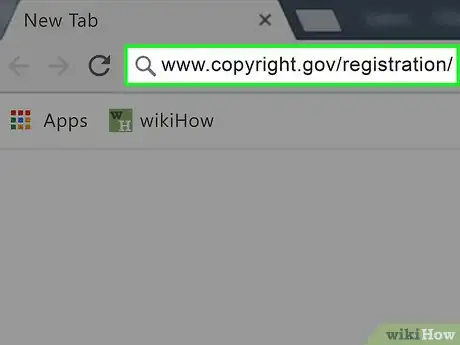
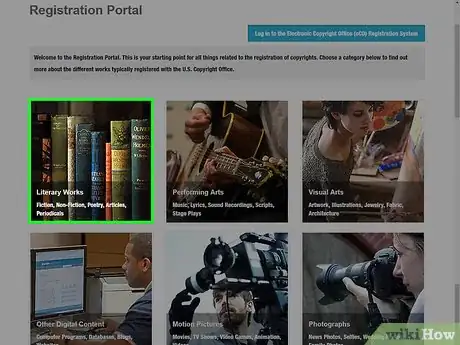
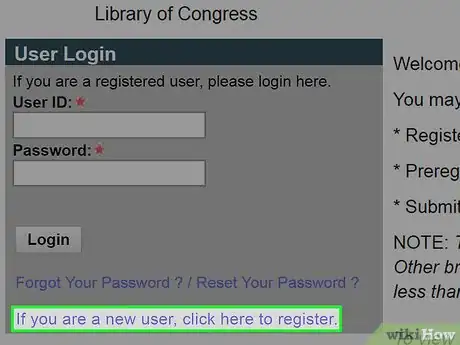
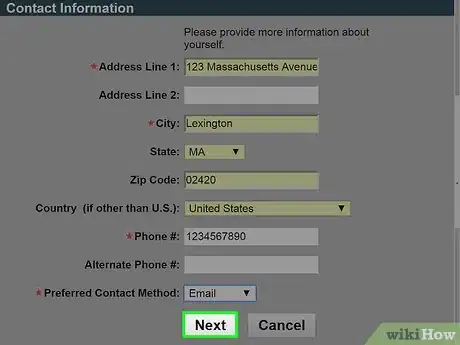
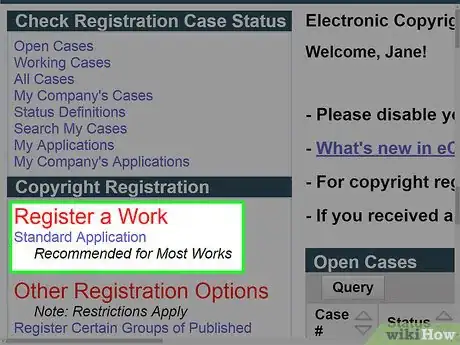
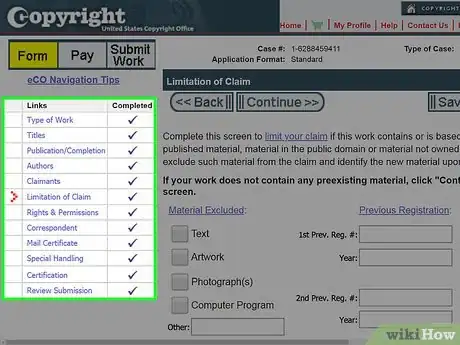
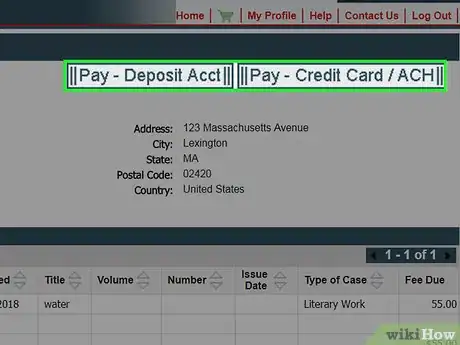
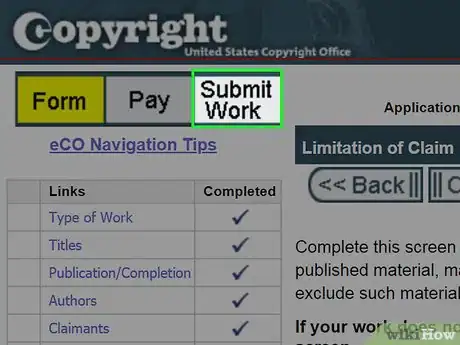
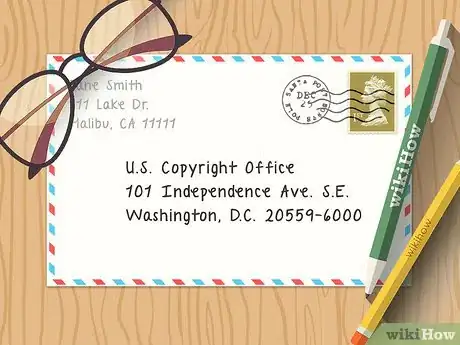
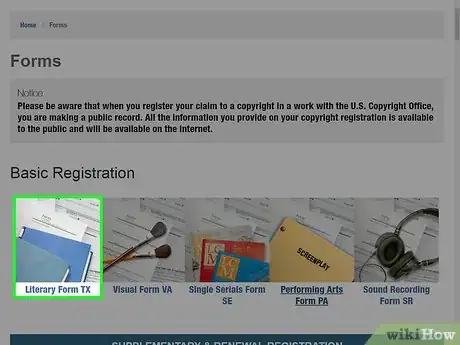
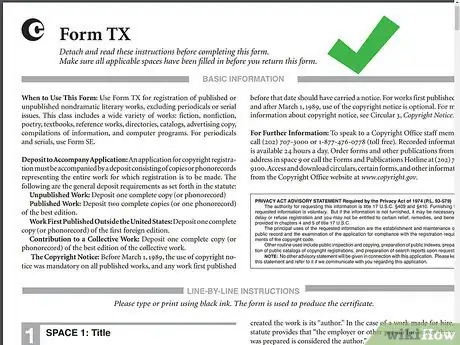
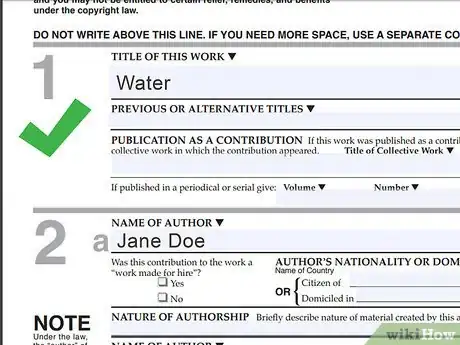
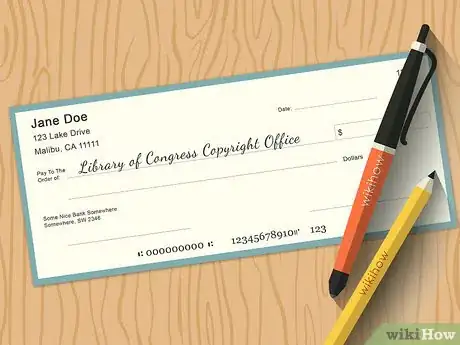
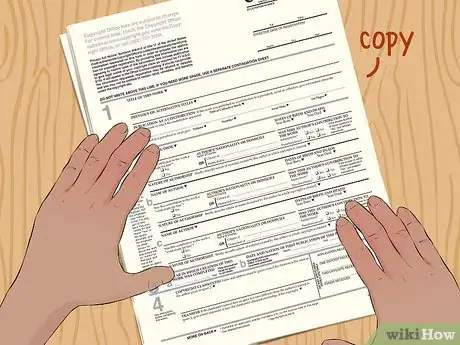
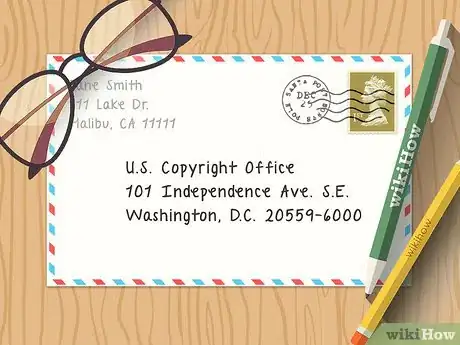

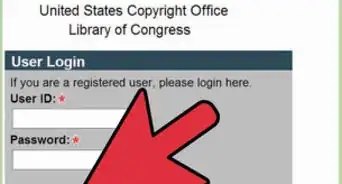



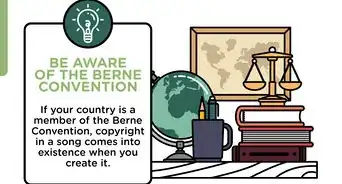



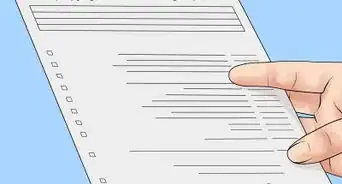
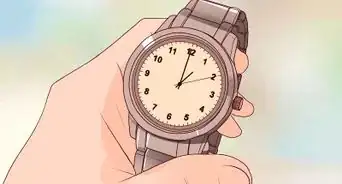
-Step-13.webp)











